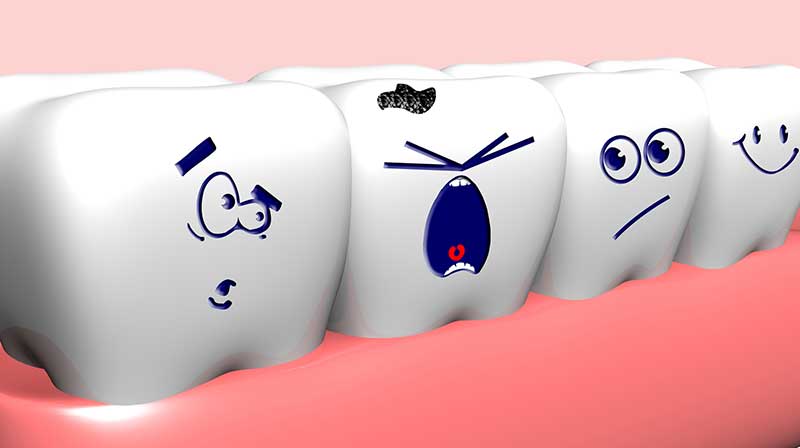What You Should Know About Cavities
Tooth decay prevention is a concern for people all over the world.The reason is untreated tooth decay isn’t just painful. It’s also unhealthy and can lead to tooth loss, infection and in some cases even death.
The conventional approach to deal with tooth decay is drilling, removing decayed tissue and filling the hole using amalgam or composite resin. However, the downside of getting cavities filled is the discomfort and the damage to healthy tissue.
According to sciencedaily.com, the World Health Organization says cavities are the leading global non-communicable disease. Think of how beneficial it would be if we had an effective tooth decay prevention that worked for people everywhere.
Researchers report that a bioactive peptide used in lab experiments helps prevent tooth decay. It also heals existing cavities.
Research Results for Tooth Decay Prevention
Researchers in Applied Materials & Interfaces (ACS) conducted an experiment with two goals in mind:
- Preventing bacteria that cause tooth decay from sticking to tooth surfaces
- Reducing demineralization that causes tooth enamel loss
The human salivary gland naturally produces an antimicrobial peptide called H5. While absorbing onto tooth enamel, H5 destroys a great number of bacteria and fungi. The researchers used H5 in their experiment. Moreover, they added another element (phosphoserine) to attract calcium to help repair the tooth enamel. After they applied the modified H5 to slices of human molars, the outcome very encouraging. It showed:
- Stronger absorption to the tooth surface
- More bacteria killed
- Inhibited adhesion of bacteria
- Greater tooth protection against demineralization
At some point in the future, people could use the enhanced H5 substance as a gel or varnish after brushing to protect against tooth decay. Plus, it’s remineralization properties could also heal their teeth.
Looking for Better Dental Health?
At Hutto Hippo Family Dental we like to stay on the cutting edge of technological development and advancements that improve dental care. Do you have questions about dental treatment? We are glad to answer your questions. Our number is (512) 806-7740.







Recent Comments